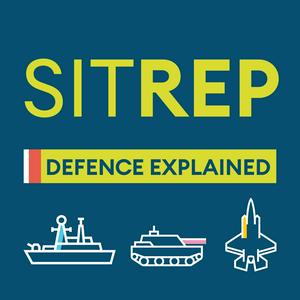The Prime Minister chose a stage in front of dozens of fellow world leaders to announce he’s sending HMS Prince of Wales to lead a carrier strike group to the arctic. But why?
The US changed it’s tone towards Europe, but not it’s criticisms, after last year’s bombshell speech by J.D. Vance.
And President Zelensky told the world that Ukraine will only accept a “real” peace.
Simon Newton and Professor Michael Clarke explain what we’ve learned, and what if anything has been achieved, at this key event for Defence.
They break down the key moments, and what they mean, with the help of Lt. Gen (retd) Ben Hodges, former Commanding General US Army Europe, and Oana Lungescu who spent 13 years at the heart of NATO.


